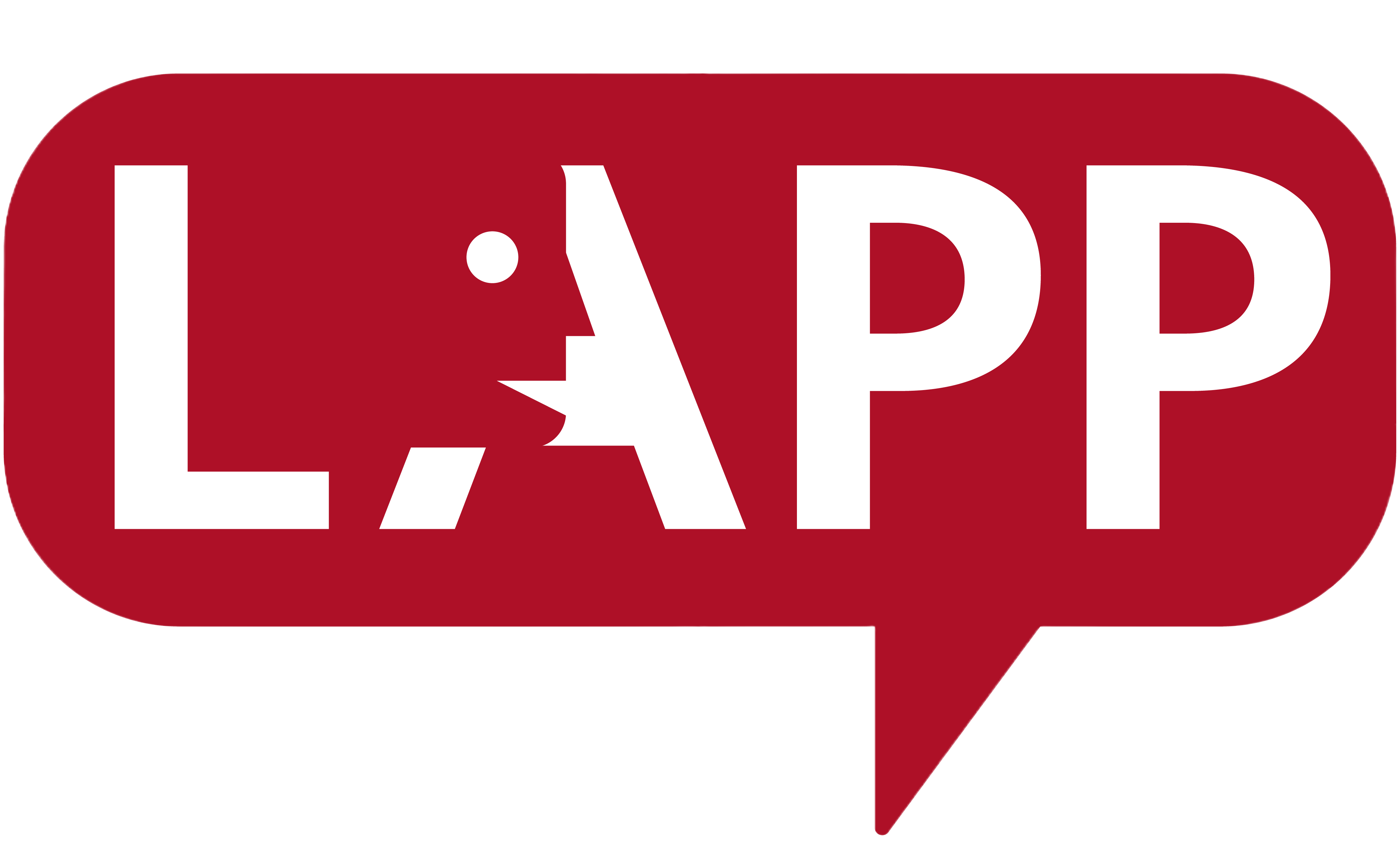Research Covers How Masks Affect Listeners' Comprehension
A Modern Language course spurred junior Chloe Sinagra to author a psycholinguistics article
By KellyAnn Tsai
& Kirsten Heuring
Media Inquiries- Associate Dean for Communications, Dietrich
- 4122686094
- Associate Dean for Communications, MCS
- 412-268-9982
During the COVID-19 pandemic, facial coverings masked some of the cues used to understand the intent behind speakers' words.
That was one of the findings from new research by Chloe Sinagra, a Carnegie Mellon University junior majoring in biological sciences and psychology, under the guidance of Seth Wiener, an associate professor of Second Language Acquisition and Chinese Studies in the Department of Modern Languages.
Sinagra and Wiener began their research in 2020, and their results were published in the journal Cognitive Research: Principles and Implications, which put out the initial call for research on the topic. Sinagra, who was the first author on the article, said she and Wiener wanted to study how emotional interactions between people changed during the pandemic.
"The way we thought best to quantify that was face masks since everyone was wearing them constantly," she said. "We didn't really know exactly how much it affected our day-to-day in 2020. So that's how we thought about how much does a face mask affect your emotional prosody and intonational prosody."
In speech, prosody is determined not by what someone is saying but how they say it. This includes variations in stress, rhythm and intonation in spoken phrases. It helps people distinguish statements from questions (for example, the rising pitch of "It's raining?" versus the more steady pitch of "It's raining.") and identify a speaker's emotional intent.
Along with finding that face masks make it more difficult for listeners to understand a speaker's prosody, Sinagra and Wiener found that listeners varied considerably in their ability to understand prosody. Their study is part of an early but growing body of research into the impact of COVID-19 on language and speech.
"There really hadn't been a lot done with face masks and prosody," Wiener said. "This is all kind of new, and before COVID-19, the face mask research, there were some studies, but it was kind of limited."
Sinagra and Wiener's paper began as a project in Wiener's course "Language in the Time of COVID-19." Drawing from her interest in psychology, Sinagra wanted to explore how the pandemic has impacted human emotional interactions.
After the course ended, Sinagra joined Wiener's Language Acquisition, Processing, and Pedagogy (LAPP) Lab to continue the study. After receiving funding through a Carnegie Mellon Surg-Flex grant, things accelerated quickly.
"I thought I'd have a year to do it, but then there was a call for research specifically regarding face masks and emotions, and we just really steamed ahead," Sinagra said.
Conducted during the height of the pandemic, Sinagra and Wiener's study was administered virtually. Participants were shown recordings of masked and unmasked speakers saying English sentence pairs with different intonational prosodies (statement or question) and emotional prosodies (happy or sad). They were then tested on how well they could distinguish between these pairs.
Sinagra and Wiener wanted to account for potential confounding variables that might allow some people to communicate better when masked than others. They included measurements of musical background, Autism Spectrum quotient, working memory and congruence task behavior.
Although these four predictors have been shown to affect other linguistic processes, Sinagra and Wiener found that they do not affect how well listeners understand prosody in masked speech. Rather, face masks make understanding prosody more difficult for everyone, and listeners vary considerably in their ability to understand prosody.
From these findings, Sinagra and Wiener conclude in their paper that "when wearing a mask, speakers should try to speak clearer and louder, if possible, and make intentions and emotions explicit to the listener."
Sinagra and Wiener said that a completely virtual study has limitations. Future studies would take place in person in Wiener's LAPP Lab, which would allow the researchers to collect real-time responses, track eye movements, and test additional stimuli such as sounds and pictures.
"When wearing a mask, speakers should try to speak clearer and louder, if possible, and make intentions and emotions explicit to the listener." — Chloe Sinagra
Even so, their study successfully led Sinagra to publish her first paper as a first author — an impressive accomplishment for any scientist, especially at the undergraduate level.
"I didn't see this happening so early in my career," Sinagra said. "I feel very fulfilled."
Wiener commends Sinagra for her drive, dedication and willingness to explore.
"Chloe is a genuinely curious person," he said. "She's a good example of the kind of curiosity you see in CMU undergraduate students, where they can do something in their major, but then they also see how it might connect to other fields."
Outside of class, Sinagra oversees philanthropic efforts for her sorority Alpha Phi and volunteers with the Hospital Elder Life Program at UPMC. She also is involved in Alpha Epsilon Delta, a preprofessional honor society for health. She hopes to pursue oncology research from a psychological angle, looking at the emotional effects of cancer treatments. She is a member of Carnegie Mellon's Health Professions Program and the pre-medical fraternity Alpha Epsilon Delta, where she was elected vice president.
"I stay busy, and I like to stay busy," she said. "I'm just really open to trying a bunch of different things."
